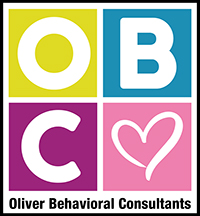Down Syndrome
Down syndrome is a genetic condition caused by the presence of an extra chromosome, specifically an extra copy of chromosome 21. Typically, humans have 46 chromosomes arranged in 23 pairs, but individuals with Down syndrome have 47 chromosomes due to this additional copy.
This extra genetic material affects physical and intellectual development, leading to distinctive characteristics and potential health challenges. People with Down syndrome often have almond-shaped eyes, a single crease across the palm, and a slightly flattened facial profile.
Intellectually, individuals with Down syndrome may experience a range of abilities, and early intervention and support greatly influence their development. Speech and language delays are common, but many people with Down syndrome learn to communicate effectively with speech therapy and other interventions.
Physically, individuals with Down syndrome may face certain health concerns, such as heart defects, hearing loss, and thyroid issues. Regular medical check-ups and early intervention help manage these aspects of their health.
Importantly, each person with Down syndrome is unique, with their own strengths, personalities, and capabilities. With proper support, education, and inclusion, individuals with Down syndrome can lead fulfilling lives, engaging in work, hobbies, and social activities, contributing meaningfully to their communities. Understanding and embracing the diversity of abilities within the Down syndrome community promotes a more inclusive and compassionate society.
Connect with Us for Expert Care
Lorem ipsum dolor sit amet, consectetur adipiscing elit. Ut elit tellus, luctus nec ullamcorper mattis, pulvinar dapibus leo.
